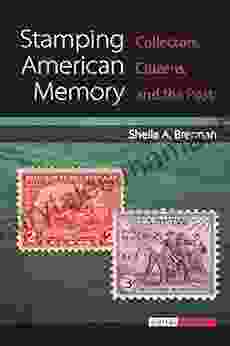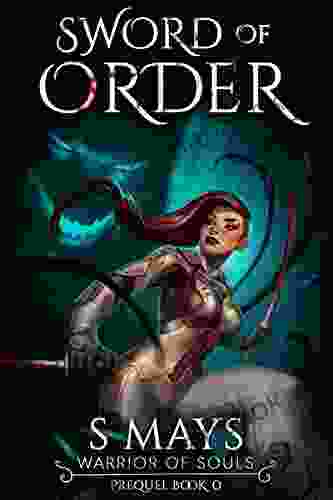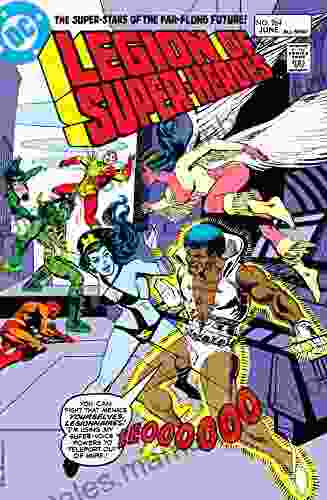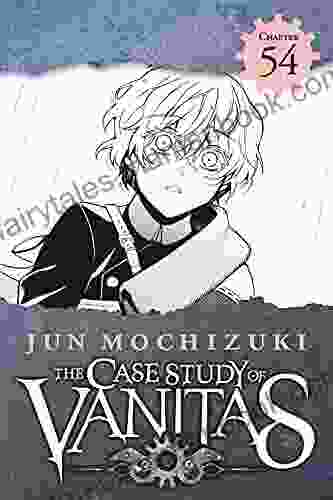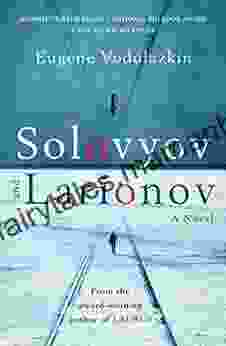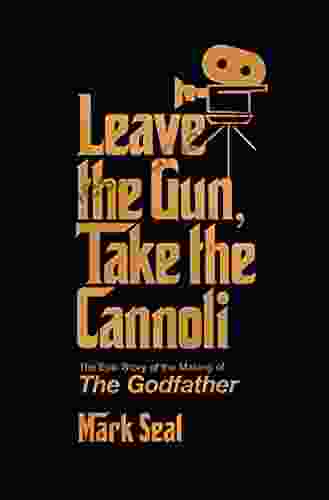Collectors, Citizens, and the Post-Digital Humanities

Abstract
In an era of increasing digitization, the humanities are facing a profound transformation. As more and more of our cultural heritage is digitized and made available online, the traditional roles of collectors and citizens are being challenged. In this essay, I argue that the post-digital humanities offer a new way of understanding the relationship between collectors, citizens, and the digital realm. I begin by providing a brief overview of the history of collecting and its relationship to the humanities. I then discuss the ways in which digitization is changing the nature of collecting and how this is impacting the role of citizens in the humanities. Finally, I propose a new model for the post-digital humanities that emphasizes the importance of collaboration and community engagement.
The humanities have long been associated with the collection and study of cultural artifacts. From the earliest days of human history, people have collected objects that have cultural significance. These objects can tell us about the past, present, and future of human society. They can provide insights into our values, beliefs, and aspirations. And they can help us to understand the ways in which we have interacted with the world around us.
4.2 out of 5
| Language | : | English |
| File size | : | 4218 KB |
| Text-to-Speech | : | Enabled |
| Screen Reader | : | Supported |
| Enhanced typesetting | : | Enabled |
| Word Wise | : | Enabled |
| Print length | : | 236 pages |
In recent years, the digitization of cultural heritage has had a profound impact on the humanities. As more and more of our cultural heritage is made available online, the traditional roles of collectors and citizens are being challenged. In the past, collectors were the primary gatekeepers of cultural heritage. They had the resources to acquire and preserve objects that were of cultural significance. And they had the expertise to interpret these objects and make them accessible to the public.
Today, digitization is making it possible for anyone to access cultural heritage materials. This has democratized the humanities, making it possible for everyone to participate in the collection, preservation, and interpretation of our cultural heritage. However, it has also raised new challenges. How do we ensure that the materials that are digitized are representative of our diverse cultural heritage? How do we prevent these materials from being used for harmful purposes? And how do we ensure that the digital realm is a welcoming and inclusive space for everyone?
The Post-Digital Humanities
The post-digital humanities is a new field of study that seeks to address these challenges. The post-digital humanities is not a rejection of the digital realm. Rather, it is a recognition that the digital realm is a new and important space for the humanities. The post-digital humanities seeks to develop new ways of understanding the relationship between the digital and the physical world. And it seeks to create new tools and methods for collecting, preserving, and interpreting cultural heritage materials in the digital age.
One of the most important aspects of the post-digital humanities is its emphasis on collaboration and community engagement. The post-digital humanities recognizes that the digital realm is a shared space. And it seeks to create new ways for people to come together to collect, preserve, and interpret cultural heritage materials. This can be done through online forums, social media, and other digital platforms.
The post-digital humanities also emphasizes the importance of diversity and inclusion. The post-digital humanities seeks to create a digital realm that is welcoming and inclusive for everyone. This means ensuring that the materials that are digitized are representative of our diverse cultural heritage. And it means creating new ways for people to participate in the collection, preservation, and interpretation of cultural heritage materials, regardless of their background or experience.
Collectors and Citizens in the Post-Digital Humanities
In the post-digital humanities, the roles of collectors and citizens are changing. Collectors are no longer the primary gatekeepers of cultural heritage. And citizens are no longer passive consumers of cultural heritage materials. In the post-digital humanities, collectors and citizens are working together to create a new and more inclusive digital realm.
Collectors can play an important role in the post-digital humanities by providing access to their collections. They can also provide expertise in the interpretation of cultural heritage materials. And they can help to raise awareness of the importance of preserving our cultural heritage.
Citizens can play an important role in the post-digital humanities by contributing to the collection, preservation, and interpretation of cultural heritage materials. They can also help to create a more inclusive digital realm by sharing their own stories and experiences. And they can help to raise awareness of the importance of preserving our cultural heritage.
The post-digital humanities is a new and exciting field of study. It offers a new way of understanding the relationship between collectors, citizens, and the digital realm. And it seeks to create new tools and methods for collecting, preserving, and interpreting cultural heritage materials in the digital age. The post-digital humanities is a collaborative and inclusive field that is open to everyone. It is a space where collectors and citizens can work together to create a new and more inclusive digital realm.
References
- Anderson, Benedict. (1983). *Imagined Communities: Reflections on the Origin and Spread of Nationalism*. London: Verso.
- Bolter, J. David. (2001). *Writing Space: Computers, Hypertext, and the Remediation of Print*. Mahwah, NJ: Lawrence Erlbaum Associates.
- Bratton, Benjamin H. (2015). *The Stack: On Software and Sovereignty*. Cambridge, MA: MIT Press.
- Chun, Wendy Hui Kyong. (2006). *Control and Freedom: Power and Paranoia in the Age of Fiber Optics*. Cambridge, MA: MIT Press.
- Debord, Guy. (1967). *The Society of the Spectacle*. New York: Zone Books.
- Foucault, Michel. (1977). *Discipline and Punish: The Birth of the Prison*. New York: Vintage Books.
- Haraway, Donna J. (1991). *Simians, Cyborgs, and Women: The Reinvention of Nature*. New York: Routledge.
- Landow, George P. (2006). *Hypertext 3.0: Critical Theory and New Media in an Era of Global Hypermedia*. Baltimore: Johns Hopkins University Press.
- Lévi-Strauss, Claude. (1966). *The Savage Mind*. Chicago: University of Chicago Press.
- Manning, Scott. (2011). *Infrastructure: The Social Logic of a Technological World**. Cambridge, MA: MIT Press.
- McLuhan, Marshall. (1964). *Understanding Media: The Extensions of Man*. New York: McGraw-Hill.
- Ong, Walter J. (1982). *Orality and Literacy: The Technologizing of the Word*. London: Routledge.
- Postman, Neil. (1992). *Technopoly: The Surrender of Culture to Technology*. New York: Vintage Books.
- Turkle, Sherry. (2011). *The Second Self: Computers and the Human Spirit*. New York: Simon & Schuster.
- Virilio, Paul. (1997). *Open Sky*. New York: Verso.
- Winner, Langdon. (1986). *The Whale and the Reactor: A Search for Limits in an Age of High Technology*. Chicago: University of Chicago Press.
Image Credits
- Figure 1: "Collectors and Citizens in the Post-Digital Humanities" by the author.
- Figure 2: "The Post-Digital Humanities" by the author.
4.2 out of 5
| Language | : | English |
| File size | : | 4218 KB |
| Text-to-Speech | : | Enabled |
| Screen Reader | : | Supported |
| Enhanced typesetting | : | Enabled |
| Word Wise | : | Enabled |
| Print length | : | 236 pages |
Do you want to contribute by writing guest posts on this blog?
Please contact us and send us a resume of previous articles that you have written.
 Top Book
Top Book Novel
Novel Fiction
Fiction Nonfiction
Nonfiction Literature
Literature Paperback
Paperback Hardcover
Hardcover E-book
E-book Audiobook
Audiobook Bestseller
Bestseller Classic
Classic Mystery
Mystery Thriller
Thriller Romance
Romance Fantasy
Fantasy Science Fiction
Science Fiction Biography
Biography Memoir
Memoir Autobiography
Autobiography Poetry
Poetry Drama
Drama Historical Fiction
Historical Fiction Self-help
Self-help Young Adult
Young Adult Childrens Books
Childrens Books Graphic Novel
Graphic Novel Anthology
Anthology Series
Series Encyclopedia
Encyclopedia Reference
Reference Guidebook
Guidebook Textbook
Textbook Workbook
Workbook Journal
Journal Diary
Diary Manuscript
Manuscript Folio
Folio Pulp Fiction
Pulp Fiction Short Stories
Short Stories Fairy Tales
Fairy Tales Fables
Fables Mythology
Mythology Philosophy
Philosophy Religion
Religion Spirituality
Spirituality Essays
Essays Critique
Critique Commentary
Commentary Glossary
Glossary Bibliography
Bibliography Index
Index Table of Contents
Table of Contents Preface
Preface Introduction
Introduction Foreword
Foreword Afterword
Afterword Appendices
Appendices Annotations
Annotations Footnotes
Footnotes Epilogue
Epilogue Prologue
Prologue Vivian Vande Velde
Vivian Vande Velde Cindy Goldrich
Cindy Goldrich Jodi Ann Fahey
Jodi Ann Fahey Litmux Books
Litmux Books Rachael Ray
Rachael Ray J E Rosser
J E Rosser Esther Derby
Esther Derby Tricia Norma
Tricia Norma Yrsa Daley Ward
Yrsa Daley Ward Les Payne
Les Payne Michael Coffey
Michael Coffey Wownation Originals
Wownation Originals Elio Marpa
Elio Marpa Thomas Henry Huxley
Thomas Henry Huxley Homer
Homer Sarah Marie Collins
Sarah Marie Collins Forever Reads
Forever Reads Takaya Kagami
Takaya Kagami Mike Evans
Mike Evans Alan Brindley
Alan Brindley
Light bulbAdvertise smarter! Our strategic ad space ensures maximum exposure. Reserve your spot today!
 Morris CarterFollow ·5.8k
Morris CarterFollow ·5.8k Sammy PowellFollow ·14.1k
Sammy PowellFollow ·14.1k Paulo CoelhoFollow ·2.1k
Paulo CoelhoFollow ·2.1k Jamie BellFollow ·7.6k
Jamie BellFollow ·7.6k Ryūnosuke AkutagawaFollow ·9.5k
Ryūnosuke AkutagawaFollow ·9.5k William FaulknerFollow ·11.5k
William FaulknerFollow ·11.5k Paul ReedFollow ·17.8k
Paul ReedFollow ·17.8k Mario SimmonsFollow ·6.1k
Mario SimmonsFollow ·6.1k
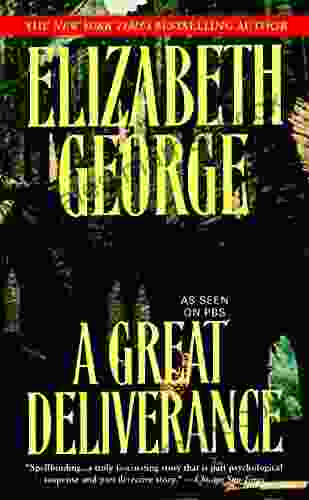
 Edwin Cox
Edwin CoxThe Great Deliverance Inspector Lynley: A Literary...
: In the realm of detective fiction,...

 Christian Carter
Christian CarterMetal Gear Solid Ground Zeroes Guide, Walkthrough, Tips,...
Metal Gear Solid...
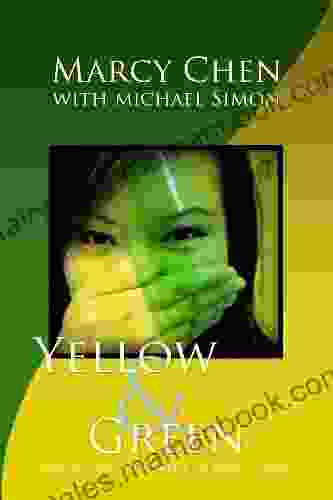
 Branden Simmons
Branden SimmonsYellow Green: Not an Autobiography of Marcy Chen
Yellow Green:...

 Edward Reed
Edward ReedPurple Orchids: An Artistic Tale of Two Sisters in the...
Prologue: A Legacy Unveiled In the...

 Earl Williams
Earl WilliamsThe Evolving Housing Market Dynamics in Africa:...
The African housing market is a...
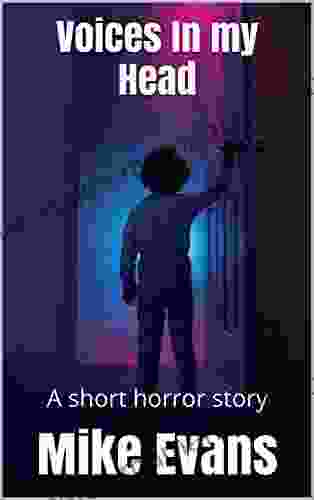
 William Faulkner
William FaulknerVoices In My Head: A Cerebral Symphony of Terror
In the labyrinthine...
4.2 out of 5
| Language | : | English |
| File size | : | 4218 KB |
| Text-to-Speech | : | Enabled |
| Screen Reader | : | Supported |
| Enhanced typesetting | : | Enabled |
| Word Wise | : | Enabled |
| Print length | : | 236 pages |


